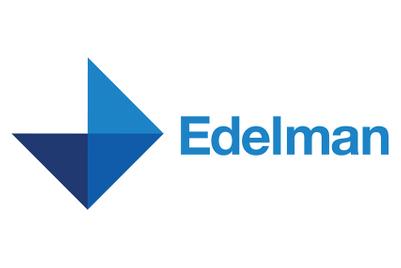
Efforts to improve standards in the advertising industry and force media platforms to take responsibility for tackling issues such as hate speech, children's wellbeing and mis/disinformation have so far been concentrated in the US and Europe. But clients want the same degree of transparency and accountability into their media investments everywhere, which is why Mediabrands has turned its attention to Asia-Pacific.
The region's cultural diversity and varying levels of digital penetration present a complex challenge when it comes to establishing standards. The person tasked with navigating this is Harrison Boys, who has spent the past five years assessing the responsibility and brand safety of media platforms in EMEA for Mediabrands' global intelligence unit Magna.
"We have seen the need and the interest to look into media responsibility and brand safety in the APAC region," Boys tells Campaign Asia-Pacific. "Obviously there’s going to be a lot of nuances in markets that we will have to deal with, in terms of societal differences and things like that."
Part of Boys' new role as director of standards and investment product for Mediabrands APAC will be conducting assessments of local tech platforms such as China's WeChat and Japan's Line. Mediabrands began auditing social-media platforms to see how they perform against its media responsibility principles in August 2020, but the audits have been limited to mostly-US platforms. TikTok is currently the only Asian-owned platform in the audit.
"Historically there's been a focus around the Western social-media platforms, but obviously with me being here we're going to try and understand more about our partners in this region when it comes to responsibility and standards," says Boys.
Local tech platforms are known for being opaque when it comes to how they collect and use customer data and how their algorithms work, and may be reticent to share what goes on underneath the hood. But based on his early investigations—he is just two weeks into the role—Boys doesn't foresee there being resistance to bringing greater transparency and standards to the region.
"There’s just a lot more diversity in the region in terms of cultural diversity and all those kind of things, which will require a lot more nuance than, say, Europe, where it's all part of the European Union and has similar values," he says.
Eventually, he will extend to reviewing all media partners in the region, not just tech platforms.
While he expects to be able to comprehensively address brand safety and media responsibility in advanced ad markets like Australia, he will focus on specific urgent issues in other markets, such as helping clients ensure they are not funding political disinformation.
"It's just allowing for societal differences and understanding what those differences are," Boys says. "We'll do our best to work the story around what it means for that market and what issues are important to them."
Boys cites Myanmar's disinformation crisis in 2021, in which Burmese military used Facebook to spread misinformation and hate speech to manipulate public opinion, as an example of how media-responsibility violations are prevalent in APAC. "It just doesn't get as much of the limelight yet that currently sits within the US and similar regions," he says.
Global clients are asking for transparency and accountability in all markets, not just the US and Europe, Boys says. "If we're to fulfil that globally, we need to have a strong presence in APAC."
He adds, "We're trying to build our investment approach around standards and ensure that no matter what market we're in, we've got that base layer of quality around everything that we're doing. It's something that we're trying to do as a business as well as to see what client expectations are."




.jpg&h=334&w=500&q=100&v=20250320&c=1)

.jpg&h=334&w=500&q=100&v=20250320&c=1)


.jpg&h=334&w=500&q=100&v=20250320&c=1)

.png&h=334&w=500&q=100&v=20250320&c=1)







